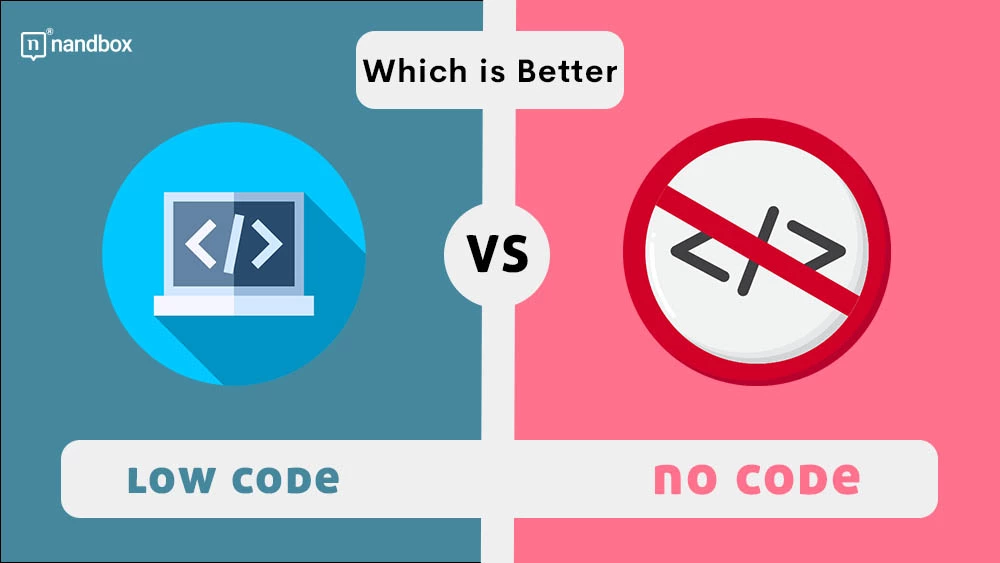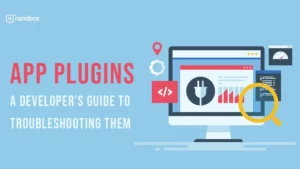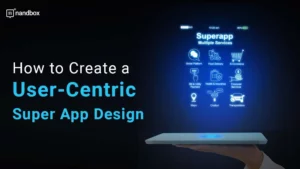What Platform Should You Choose? A Comparison of the Best Low Code No Code Platforms
You want to create an application, but you can’t decide whether you should use no-code development or low-code development. Both have their advantages, but which one will serve your needs better and be the right choice for you? In this post, we’ll take a detailed look at the best low code and no code platforms. Compare the features of the two, and help you decide which of the two is the better option for you. Keep reading this article if you are ready to start the process of developing your app.
What is Low-code
Low code is an app development method that depends on using a visual interface for coding rather than a textual one. That is, rather than the time-consuming and complex code-writing process that requires multiple steps such as code validation, app developers can easily build code using drag-and-drop modules and pre-built components. Low-code development is an intelligent and uncomplicated way for businesses to automate their processes and develop applications without the need for a huge team of developers and months to be ready. Instead, low-code allows people with little to no coding knowledge to do the same operations that experienced app developers would do and be ready in much less time than the traditional technical way. So what are the benefits that low-code development could provide a business with?
Advantages of Low-code
More Adaptability
As Low-code doesn’t use the technical coding method, making your app adaptable is much easier. As soon as a new technology emerges, a user suggests a new feature, or you need to make a modification, you can easily add it to your application. Without the need to write many lines of code to make only minor changes. Whatever major or minor change you need, it will be instantly added and configured into your app.
Reduce Time and Costs
Today, the traditional way of developing an app is very costly and time-consuming. You would have to spend money on hiring a large development team, for each feature you decide to add; basically, every step of the app development process, major or minor, would have a cost. Also, the duration of developing an app would be an obstacle. As each step would take time, from designing to developing. You’d end up spending months before your app is finished. This is where low code comes in handy. As the process is very simplified and can be done by anyone with even little coding knowledge in less time.
Improve Productivity
The more you reduce the time and effort it takes to do a process, the more wonderful the impact it has on productivity. As low code simplifies and allows anyone to be able to automate any process, this in turn increases productivity across the business. Not only for the employees but also for the developers themselves, since they would be willing to do more and develop more while avoiding the delays that used to happen when technical coding was used.
Best Platforms for Low-Code Development
1- Mendix
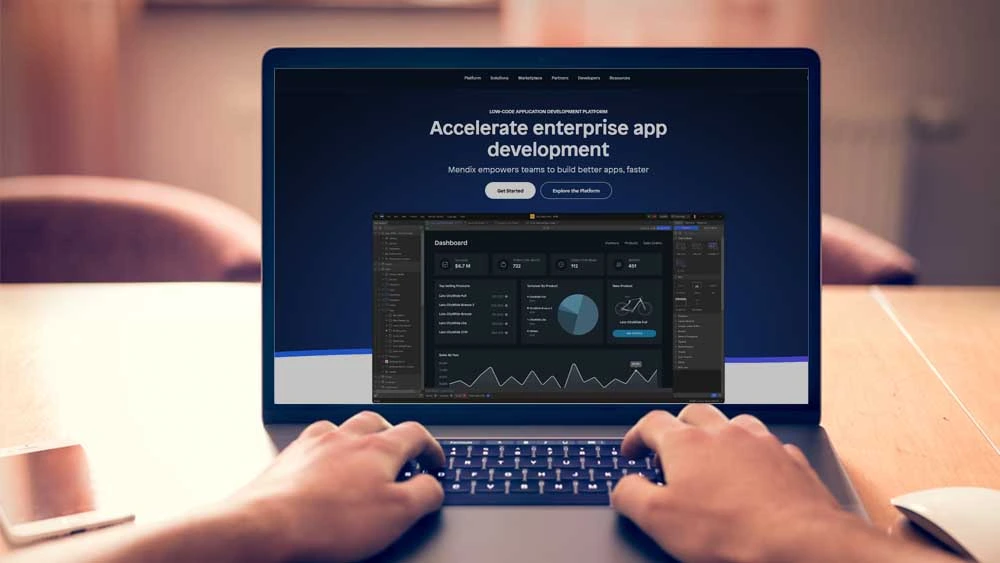
Mendix is a widely known low-code development platform that is used by both small and large businesses. Mendix allows users to easily develop apps on their platform with a rich variety of components and elements they can add. It also allows users to write codes if they want to. It has affordable pricing plans that are suitable for everyone.
2- Microsoft Power Apps
Microsoft is a fast and simple way for businesses to develop an app. It is a low-code development platform that is known for its simplicity and affordability. And allows users to develop an app using a drag-and-drop module. It comes with a wide collection of pre-made templates you can choose from and is rich with features to ensure the creation of a well-functioning app.
3- Zoho Creator
Zoho Creator is yet another low-code platform that lets you develop custom applications without any coding. It also features a drag-and-drop interface and comes with a wide range of built-in features that can enhance your app. Zoho also has an advanced developer feature that allows developers to add new features in addition to the existing ones using custom code, which gives them more flexibility while building the app.
What is No-code
Contrary to the simplified way of utilizing codes by using a visual interface instead of writing them. No code is a method of developing an app also using a visual drag-and-drop interface, but instead of dragging and dropping code components that come together as an app feature, you actually drag and drop features and functions themselves. No-code development is a great opportunity and method for all businesses, especially startups and very small ones. Some organizations can’t hire an app developer even with minimal knowledge, whether it is because they can’t afford or find one (which is more common than you might think). No-code development saves the day for such situations as it allows anyone, with little or no coding knowledge at all, to be able to develop an app.
Advantages of No-code
Easy to Develop
No-code development is an easy and practical approach if you want to develop an app in an easy and swift way. As an app developer, you are asked to do nothing more than drag and drop the feature you wish to be present in your app.
Saving Money and Time

Similar to low code, no code is a very convenient way to reduce your costs. No-code development is ideal, especially if you are still at the very first steps of operating your business and are not ready for the huge costs of developing an app. While the traditional way of developing takes months, the low-code method can take a few weeks. No-code developments can provide you with a fully-functioning app in a matter of a couple of days. So, it is also ideal if you want to save time and start immediately.
Accessibility
As the no-code approach is considered the easiest way to develop an app, everyone has a chance to be a part of the process. You can include as many people as you want to give their suggestions, ideas, and visions, as everyone can develop them using the no-code approach. The process is not only limited to the development team in this case. You get to choose whether you want to go through the process alone or not.
Best platforms for No-code development
1- nandbox
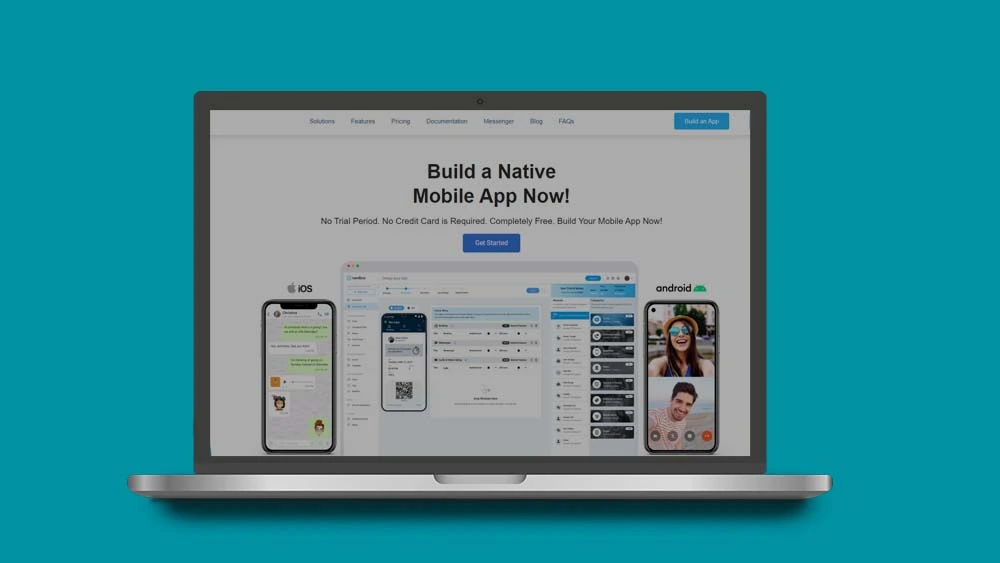
nandbox App Builder is a prominent no-code mobile app builder. It enables everyone to make mobile apps with no coding and no hosting. With more than 200 features to choose from and integrate and a variety of templates, this will definitely enhance the user interface. You will be able to develop a native app at an affordable cost in no time. Native apps created with the nandbox app builder are software applications that are designed to work on a specific platform, either Android or iOS. They have access to certain mobile features such as the camera, calendar, and contacts. In addition to all that, you will be provided with excellent customer service, available 24/7 to help with any inquiry. Nandbox has three affordable price plans that depend on what the app is used for and how it is used.
2- Appy Pie
Appy Pie is another popular no-code development platform where you can create your app. It provides you with a range of templates, features, and integrations to choose from and add to your app. Appy Pie has more than one price plan. It depends upon the usage and purpose of the app to satisfy all types of app developers.
3- Bubble
Bubble is a no-code development platform that lets you build a web app without any coding. A “web app” means that it is an interactive website with the look and feel of an application. Bubble is a great platform if you have a website for your business and want to turn it into an app. It comes with a drag-and-drop interface and a wide range of features, such as adding payment gateways and in-app notifications
Which One Should You Consider For your App
So, which platform is better for you? It all depends on what you need from your app and what its purpose is. If you’re looking for something simple and don’t need too many features, then a low-code platform could be a good choice.
But if you want complete control over your app and need to build something more functional and rich with features, then a no-code platform is probably a better fit. Of course, you’ll need to put in the time to learn how to use it, but the results will be worth it.
Ultimately, the decision is up to you. But whichever platform you choose, just remember that the most important thing is to create an app that will be beneficial to users and that they can rely on.

